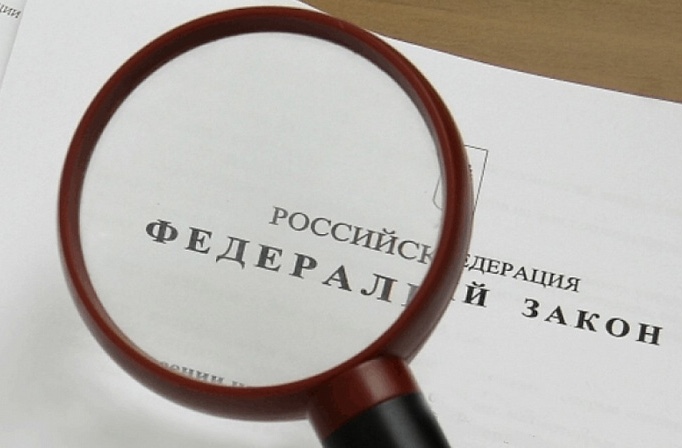The preliminary list includes 20 digital platforms: social networks (Facebook, Instagram, TikTok, Twitter), video hosting (YouTube, Twitch.tv), messengers (WhatsApp, Telegram, Viber), mail service (Gmail), search engines (Google, Bing.com), hosting providers (Amazon, Digital Ocean, Cloudflare, GoDaddy), online stores (Aliexpress.com, Ikea.com, Iherb.com), as well as Wikipedia.org. The list can be adjusted.
“Landing” is beneficial not only to the government, but also to companies themselves. The presence of an official representative of the platform in the country will allow building a normal dialogue with the state and society and promptly reacting to various situations,” Vadim Glushchenko, Director of the Center for Global IT Cooperation, said about the adoption of the law. - “For example, in case when urgent removal of destructive content is required. There are a number of cases where insufficient attention of platforms to content moderation and user age verification resulted in the participation of minors in illegal actions and even led to tragic events. The well-coordinated actions of platforms and government agencies on the prompt detection and removal of such content will minimize the risks of such situations”.
“The presence of a plenipotentiary representative allows to talk directly with the company and get quick answers to the regulators’ questions,” Vadim Glushchenko added. At the same time, companies do not lose market and income due to fines and blockings, and the state is certain that Internet companies comply with the laws of the country and its citizens are protected.
And vice versa the lack of such representation is a real headache for both the state and the foreign platform. In this context, the recent experience of Germany is indicative: the absence of an official representative of the Telegram messenger in the country did not allow competent government agencies to agree with this platform on the implementation of a number of legal requirements, including the prompt removal of illegal content. Now the messenger faces a criminal case and a large fine.
The economic aspect of the new Russian law is also important. The opening of offices by global companies will help streamline the collection of taxes on the income that digital platforms receive in the countries where they operate. “In addition, now it is very difficult to bring such a company to justice and collect a fine from it. The presence of an office or a legal representative simplifies the interaction procedure and makes it possible not to bring the case to court at all, but to resolve all issues through negotiations,” concluded the Director of the Center for Global IT Cooperation.
The law was approved by the State Duma in the third reading on June 17, 2021, and last week it was approved by the Federation Council. The Center for Global IT Cooperation has prepared an infographic explaining the provisions of the law. The full text of the law can be found here.




